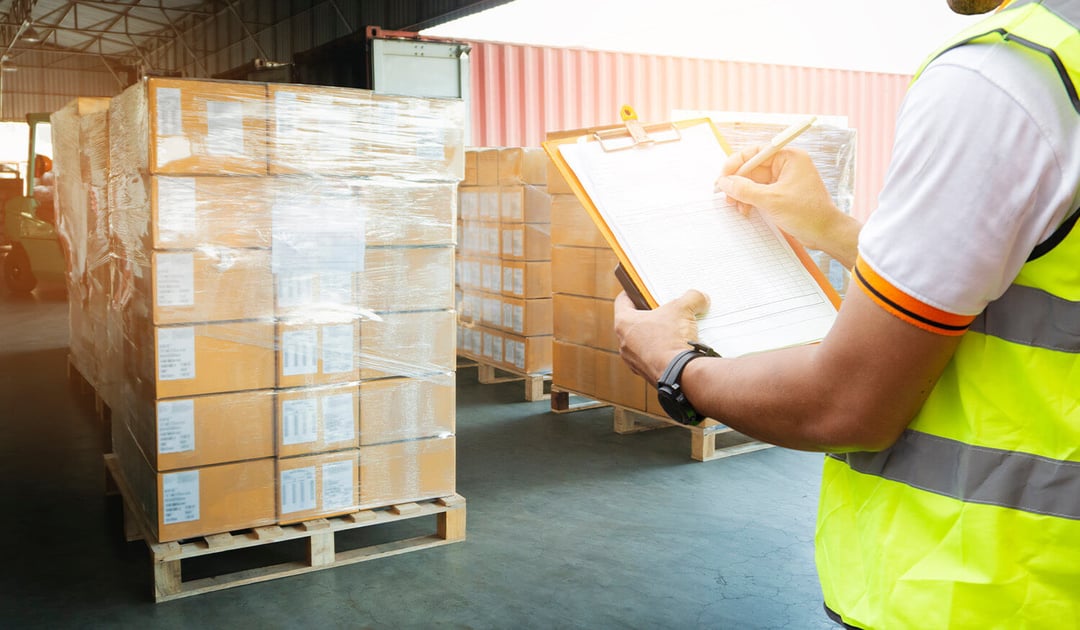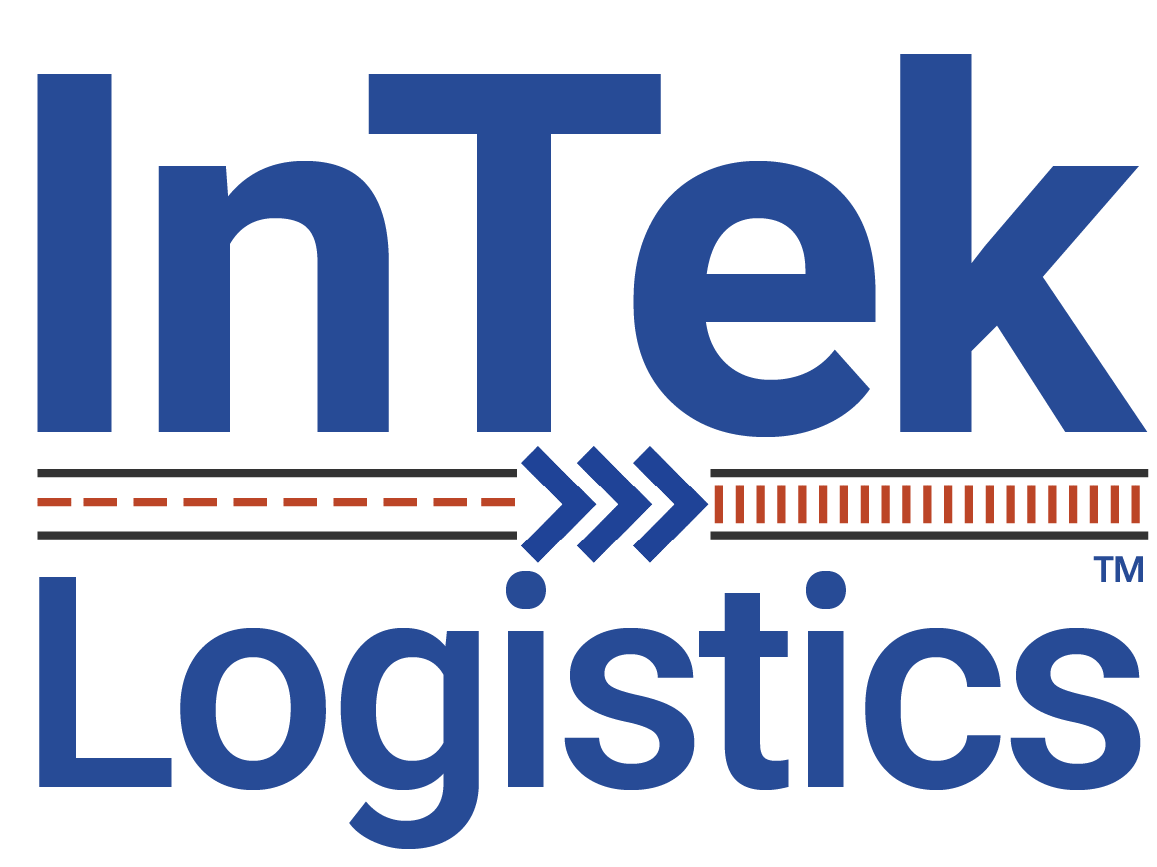
Cargo fraud and theft remain persistent threats in the logistics industry, costing businesses billions annually. From cyber-enabled fraud schemes to physical theft at warehouses and during transit, shippers face significant challenges in securing their goods. This guide provides actionable strategies to protect your freight, prevent theft, and avoid falling victim to fraudulent actors.
Understanding Cargo Fraud and Theft
Cargo fraud and theft can take many forms, each with significant consequences for shippers and logistics providers.
- Cargo Fraud: Refers to deceptive practices like fake carriers, falsified credentials, or fraudulent invoices aimed at stealing cargo without the need for physical theft.
- Cargo Theft: Includes stealing goods in transit, from warehouses, or through hijacking trucks. Theft can occur anywhere along the supply chain, targeting unsecured or vulnerable shipments.
CargoNet is an excellent repository of cargo theft statistics.
The Costs of Cargo Fraud and Theft
The financial and operational impacts of cargo fraud and theft are immense:
- Financial Loss: Stolen goods result in immediate financial damages.
- Operational Disruptions: Delays and lost shipments affect supply chain continuity.
- Increased Insurance Premiums: Repeated incidents can lead to higher costs of coverage.
- Reputation Damage: Customer trust may erode due to frequent security breaches.
Common Methods Used by Cargo Thieves and Fraudsters
Understanding how cargo fraud and theft occur is the first step in prevention. Common methods include:
- Identity Fraud: Impersonating legitimate carriers by using stolen identities or forged documents.
- Cybersecurity Breaches: Exploiting weak digital defenses to intercept shipment details and reroute goods. Learn more about improving cybersecurity measures.
- Warehouse Thefts: Targeting poorly secured facilities with limited monitoring.
- In-Transit Hijacking: Stealing trucks or shipments while en route.
- Strategic Load Theft: Fraudulent carriers misrepresenting themselves during booking to steal shipments.
Strategies to Avoid Cargo Fraud
Verify Carriers and Partners
- Use reputable databases to confirm the legitimacy of carriers, with the FMCSA carrier database being the 1st line of defense. From there shippers should use Carrier411 or Highway to dig deeper into whether the carrier listed on the FMCSA is fraudulent.
- Require thorough vetting processes, including insurance validation, operating authority checks, and references.
- Avoid working with unverified brokers or carriers.
Implement Strong Contract Practices
- Ensure contracts outline clear terms for cargo handling and liability.
- Include penalty clauses for breaches of trust or security.
- Specify protocols for resolving disputes and addressing potential fraud.
Use Technology to Monitor Freight
- Invest in GPS tracking and geofencing for real-time shipment monitoring.
- Leverage blockchain technology to secure transaction records and prevent document fraud.
- Use automated alerts for route deviations or unexpected delays.
Strengthen Cybersecurity
- Employ multi-factor authentication and encrypted communications to safeguard shipment details.
- Train employees to recognize phishing attempts and suspicious activities.
- Regularly update security protocols to address emerging cyber threats.
Best Practices to Prevent Cargo Theft
Secure Your Facilities
- Install surveillance systems, alarms, and motion sensors.
- Limit access to warehouses and loading docks to authorized personnel using badge systems or biometric scanners.
Optimize In-Transit Security
- Route shipments through low-theft areas whenever possible.
- Use unmarked trucks to avoid drawing attention to valuable goods.
- An easy, but effective deterrent is to have the pick-up carrier arrive at the origin facility fully loaded with fuel, so there is no reason to stop for the first 250 miles.
- Employ sealed or locked containers to protect shipments. For guidance on securing freight, visit the Federal Motor Carrier Safety Administration (FMCSA).
Collaborate with Law Enforcement
- Join industry groups like the aforementioned CargoNet or the Transported Asset Protection Association (TAPA) for resources and theft prevention tools.
- Develop relationships with local law enforcement to ensure rapid response to theft incidents.
Train Your Team
- Provide ongoing education for employees to identify and respond to fraud and theft risks.
- Equip drivers with tools to report suspicious activities during transit.
- Review the email extensions the group is using. Often they are impersonating a reputable company by having an email that looks like a "correct" one but includes a hyphen, additional letter or number or a different extension (.org instead of .com for example).
Intermodal-Specific Cargo Theft Prevention Strategies
Utilize programs like we do here at InTek Intermodal Logistics for additional protection.
Bottom-Well Placement of Containers
Containers placed at the bottom of railcars are harder to access and less likely to be targeted by thieves.
Advanced Tracking Technology
Invest in advanced tracking systems that monitor where container doors are opened, allowing for better detection of theft-prone areas.
High-Security Seals and Locks
Use reusable seals that deter tampering and eliminate the need for shippers to recollect locks after delivery.
Optimize Train Speed
Collaborate with intermodal marketing companies (IMCs) and Class 1 railroads to route high-value goods onto faster trains that bypass switching yards, minimizing idle times and theft opportunities.
The Role of Insurance in Cargo Security
Cargo Insurance Basics
Ensure your cargo insurance provides adequate coverage for theft and fraud-related losses. Tailor policies to meet the specific needs of your goods and shipping routes.
Policy Customization
Work with insurance providers to customize policies for high-value goods, time-sensitive shipments, and cross-border operations.
Collaboration with Insurers
Partner with insurers to conduct risk assessments and implement recommended security measures.
Leveraging Technology for Proactive Protection
AI and Predictive Analytics
- Use predictive analytics to identify high-risk shipments and routes.
- Employ AI-driven tools to analyze patterns and prevent fraudulent activity.
IoT for Real-Time Monitoring
- Equip shipments with IoT-enabled devices that provide continuous updates on cargo location and conditions.
- Monitor for anomalies in transit behavior, such as route deviations or extended idle times.
Blockchain for Documentation Integrity
- Use blockchain technology to validate the authenticity of freight documents and carrier credentials.
Final Thoughts: Securing Your Supply Chain
Preventing cargo fraud and theft requires a multifaceted approach combining technology, best practices, and strategic partnerships. By taking proactive steps to vet partners, monitor shipments, and secure facilities, shippers can mitigate risks and safeguard their goods. Stay informed, invest in security, and leverage the latest innovations to keep your supply chain running smoothly.
Our team is here to guide you through the benefits and help you make the best choice for your logistics needs. We'll work with you on flexible solutions that fit you best. For more information about InTek, or logistics and supply chain issues in general, check out our Freight Guides.
Get Updates
Categories
- Freight & Shipping Costs (55)
- Freight Broker (66)
- Freight Forwarder (3)
- Intermodal Transportation (195)
- International & Cross Border Logistics (43)
- Logistics & Supply Chain (435)
- Logistics Service Provider (79)
- LTL (39)
- Managed TMS (49)
- News (40)
- Supply Chain Sustainability (12)
- Transportation Management System (37)
- Truckload (123)
- Warehousing & Distribution (51)

